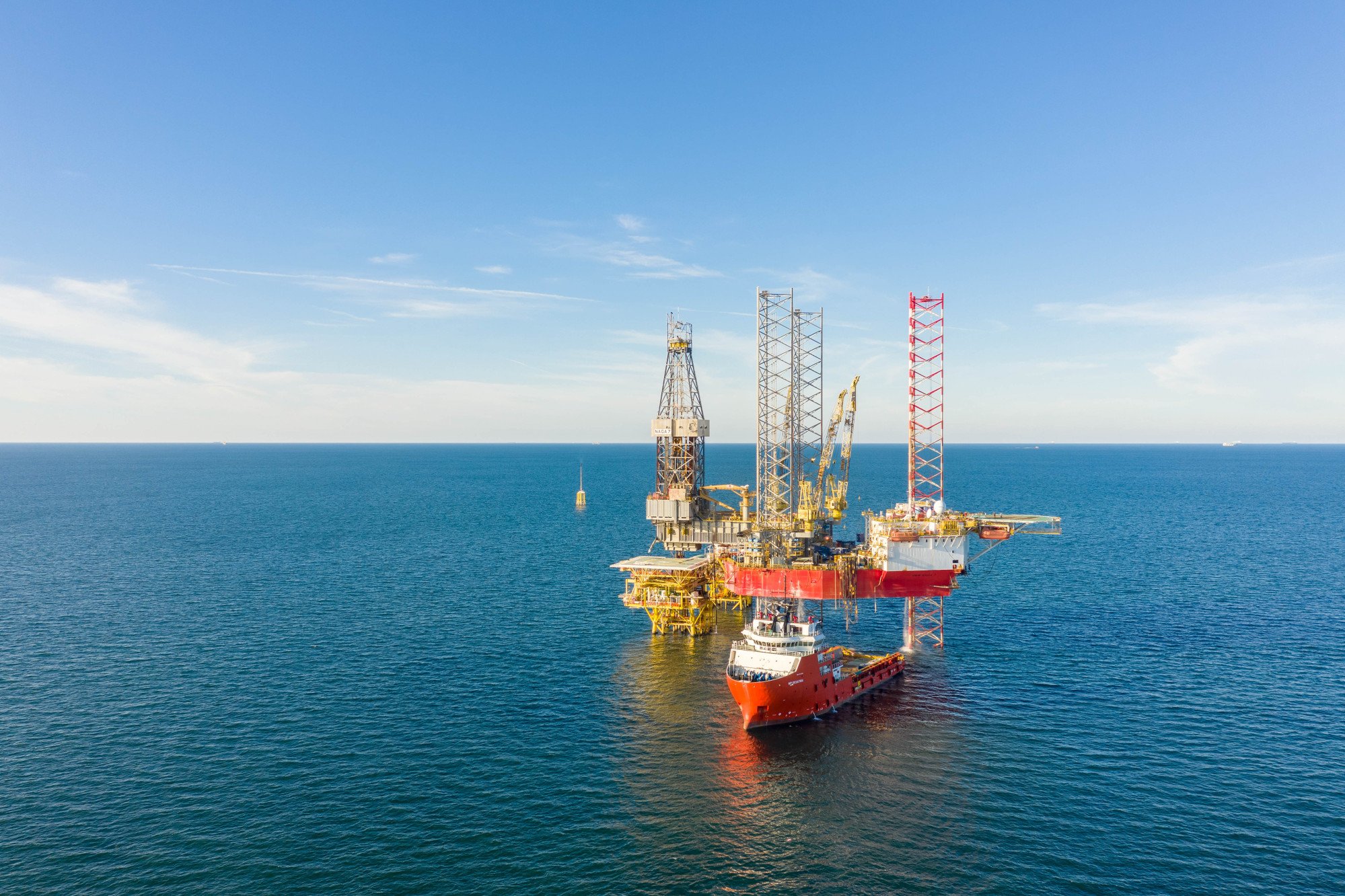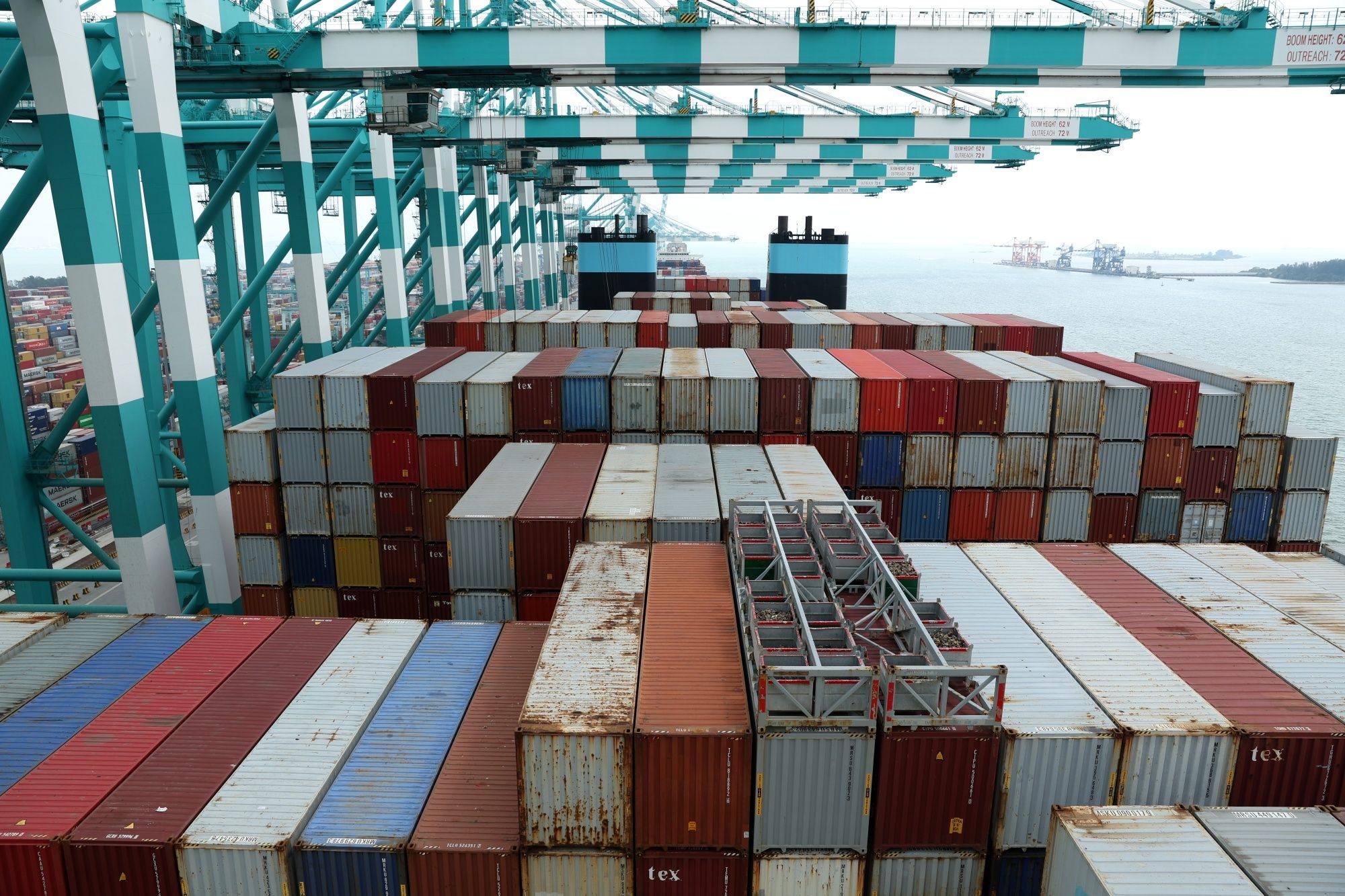
Malaysian maritime authorities too stretched, underfunded to stem trade in US-sanctioned Iran oil, observers say
- The concerns come as a US delegation in Kuala Lumpur holds talks with officials over Tehran’s alleged underhanded selling of oil through service providers
- ‘Dark fleet’ of tankers believed to be operating under the guise of various brands, with secret oil transfers taking place off the Malaysian coast
Malaysia’s underfunded maritime authorities may struggle to contain rampant transshipment of US-sanctioned Iranian oil off its coast, experts say, as a visiting US delegation revealed that Washington’s security forces had been monitoring ship-to-ship oil transfers in Malaysian waters.
Speaking to members of Malaysian media, US Treasury Under Secretary for Terrorism and Financial Intelligence Brian Nelson said the US had promulgated guidance to the Malaysian marine sector about the type of services that they are engaging in.
“These are ship-to-ship transfers, particularly at night, which we see from time to time. They are really designed to obfuscate the origin of the commodity, in this case, Iranian oil,” Nelson said.

Nelson and US Treasury general counsel Neil MacBride are in Malaysia and Singapore on a four-day trip to discuss Iranian oil issues and ways to prevent Malaysia from becoming a jurisdiction where Palestinian militant group Hamas could fundraise and move money.
Analysts say the trade may be happening despite Washington’s protests, as Malaysia’s maritime assets are notoriously poorly funded and unable to fully patrol waters, including the country’s exclusive economic zone which spans some 574,000 sq km.
“[The Malaysian Maritime Enforcement Agency], despite being Malaysia’s frontline maritime law enforcement agency, has long suffered from a lack of resources and assets to carry out its mandate,” said Thomas Daniel from the Institute of Strategic & International Studies Malaysia.
The construction of three new offshore patrol vessels for the agency has been hampered by cost issues, leading to only one having been delivered while two more needing cash injection and a prospected delivery of 2026.
The US, under its Foreign Assistance Act of 1961, is transferring a US coast guard cutter boat to Malaysia by the end of this year.

Malaysia’s Communications Minister Fahmi Fadzil said the country was prepared to engage with American counterparts to better understand concerns while stressing it would comply with UN sanctions – but not committing to Washington’s own embargoes.
“When it comes to unilaterally applied sanctions, then I think we have to assess this situation,” Fahmi told reporters in Kuala Lumpur on Wednesday.
Conducted by a fleet of vintage tankers, the daily occurrence of ship-to-ship transfers are movements of crude oil, petroleum products, liquid bulk chemicals and liquefied gas between tankers while at sea, without vessels having to call at a port or other facility.
While nations do not have full sovereignty over their exclusive economic zones – with other countries guaranteed freedom of navigation over such areas – an International Maritime Organization’s convention requires oil transfers in exclusive economic waters to be flagged before they take place.
Concealed under rebrands as Omani Crude, Iraqi Crude, Russian Urals, Bitumen Blend, Nemina, or Malaysian Blend, China’s small, privately owned oil refineries – known as “teapots” – have bought the Iranian oil at a steep discount of US$4 a barrel below the benchmark price.
Oil is currently trading at US$83.70 per barrel under the Brent crude benchmark.
China was caught flat-footed in June last year when a Chinese barge was found illegally salvaging steel – and unexploded ordnance – from two World War II era British warships that sank off the coast of Peninsula Malaysia in 1941, an act condemned as looting of historical site.

